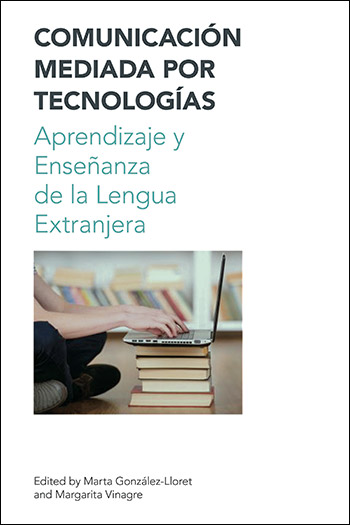
Comunicación Mediada por Tecnologías - Aprendizaje y Enseñanza de la Lengua Extranjera - Marta González-Lloret
Escritura colaborativa en el siglo XXI [Collaborative Writing in the 21st Century]
Comunicación Mediada por Tecnologías - Aprendizaje y Enseñanza de la Lengua Extranjera - Marta González-Lloret
Ana Oskoz [+]
University of Maryland Baltimore County
View Website
Idoia Elola [+]
Texas Tech University
View Website
Description
With the emergence of Web 2.0 social tools, collaborative writing—in which two or more people work together to produce a document with group responsibility for the end product (Bosley 1989)—has gained broad acceptance in foreign language education (FL). Mostly framed within the principles of sociocultural theory, current research has examined the quantity and quality of text (Arnold, Ducate and Kost 2009; Kessler 2009; Lee 2009; Oskoz and Elola, 2010), the sense of authorship (Lee 2009), writers’ writing processes (Arnold et al., 2009; Oskoz and Elola, 2014), the accuracy and complexity of learners’ produced texts (Arnold et al. 2009; Kessler 2009; Oskoz and Elola, 2014), and learners’ reorientation and development of a shared perspective regarding the task at hand (Oskoz and Elola 2012, Oskoz and Elola 2013, Oskoz and Elola 2014). Collaborative writing, however, cannot be understood without clear insight into social tools’ affordances—those actions that can be performed because of the specific characteristics of the tool (McLoughlin and Lee 2007). Different combinations of tools such as blogs, wikis, discussion boards, or chats can have an immediate impact on writers’ focus on different but complementary aspects of the writing process (Blin and Appel 2011; Elola and Oskoz 2010a). This chapter thus provides an overview and challenges of current research on collaborative writing in relation to these social tools and offers a phased-pedagogical approach for its implementation in the FL classroom with the aim of helping FL researchers, educators, and administrators gain a better understanding of the benefits and challenges associated with collaborative writing when using diverse social tools.





